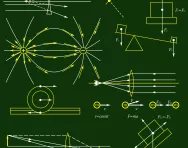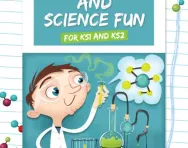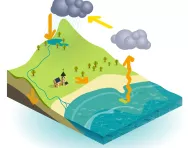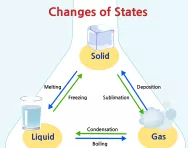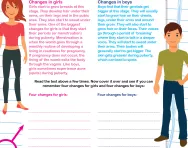Important update from TheSchoolRun
For the past 13 years, TheSchoolRun has been run by a small team of mums working from home, dedicated to providing quality educational resources to primary school parents. Unfortunately, rising supplier costs and falling revenue have made it impossible for us to continue operating, and we’ve had to make the difficult decision to close. The good news: We’ve arranged for another educational provider to take over many of our resources. These will be hosted on a new portal, where the content will be updated and expanded to support your child’s learning.
What this means for subscribers:
- Your subscription is still active, and for now, you can keep using the website as normal — just log in with your usual details to access all our articles and resources*.
- In a few months, all resources will move to the new portal. You’ll continue to have access there until your subscription ends. We’ll send you full details nearer the time.
- As a thank you for your support, we’ll also be sending you 16 primary school eBooks (worth £108.84) to download and keep.
A few changes to be aware of:
- The Learning Journey weekly email has ended, but your child’s plan will still be updated on your dashboard each Monday. Just log in to see the recommended worksheets.
- The 11+ weekly emails have now ended. We sent you all the remaining emails in the series at the end of March — please check your inbox (and spam folder) if you haven’t seen them. You can also follow the full programme here: 11+ Learning Journey.
If you have any questions, please contact us at [email protected]. Thank you for being part of our journey it’s been a privilege to support your family’s learning.
*If you need to reset your password, it will still work as usual. Please check your spam folder if the reset email doesn’t appear in your inbox.
Year 5 science: what your child learns
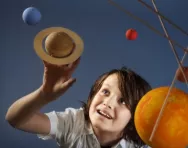
In Year 5 science, your child will be encouraged to ask questions about scientific concepts and then carry out experiments to find out the answers. In doing this they will:
- understand what variables are and how to control them.
- take measurements from a range of equipment, understanding the need for repeated measures to increase accuracy.
- gather and record data using labels, classification keys, tables, scatter graphs, bar and line graphs.
- use test results to make further predictions to set up further comparative and fair tests.
- make conclusions on the test carried out, orally and in writing.
Year 5 science topics
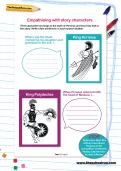
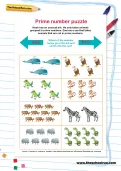
Start the Year 5 Learning Programme today!
- Weekly maths, science & English worksheets direct to your inbox
- Follows the National Curriculum
- Keeps your child's learning on track
Properties and changes of materials
- compare materials based on their properties of hardness, solubility, transparency, conductivity and response to magnets.
- dissolve materials and then recover a substance from the solution made.
- separate materials by filtering, sieving and evaporating.
- look at ways materials can be changed and whether these changes are reversible or not.
Earth and space
- describe the movement of the earth and other planets in relation to the sun.
- describe the movement of the moon relative to the earth.
- understand how day and night are caused by the earth's rotation.
- investigate the forces of gravity, air resistance, water resistance and friction.
- understand that levers, pulleys and gears allow a smaller force to have a greater effect.
Try this at home
- See if you can find the following objects around the house: liquid soap, rice, flour, some paperclips and a piece of cling film. Which one do you think is the hardest? You may need to test this by bending the objects where you can. Which ones are water soluble? Test this by putting each one in some water and seeing if it dissolves into the water: you may need to give the mixture a good shake! Which ones are transparent? Are any of them magnetic? Test this by using a fridge magnet.
- Test how air resistance differs according to the shape, size or weight of a different object. Find various small objects (for example: a pen, a piece of kitchen paper, a small book, a sheet of tin foil and a scrunched up piece of tin foil). Stand on a chair and drop each one. Get someone to time how long it takes for each object to hit the floor. Why do you think some things take less time than others?
- Go to the library and see if you can find any books on life cycles or the solar system. Do some reading up and see if you can become an expert before you are due to learn this topic!
Work through some Year 5 science worksheets and activities to check your child understands what they're learning in class and can relate their learning to the world around them.

